Some middle-class Malaysians say they are being ‘punished’ by PM Anwar’s planned subsidy cuts for ultra-rich
Malaysia wants to trim petrol, education and healthcare subsidies for the top 15 per cent of earners, but the already pinched middle class fears it could be in the crosshairs.
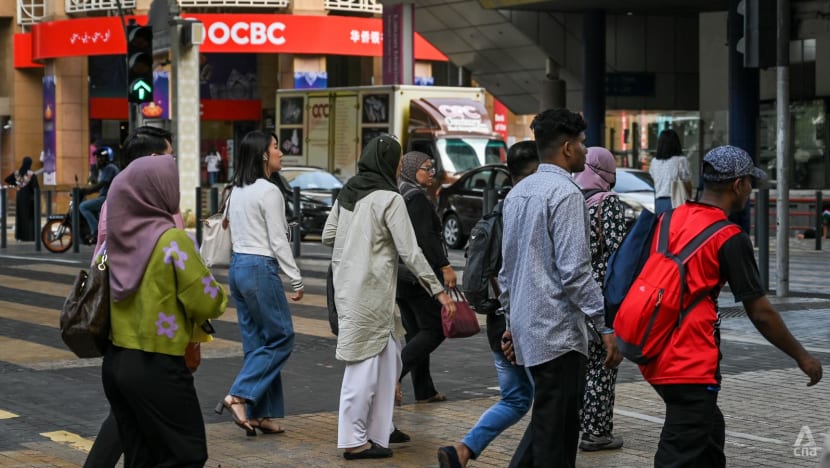
Workers crossing the road near Masjid Jamek in Kuala Lumpur. (Photo: CNA/Fadza Ishak)

This audio is generated by an AI tool.
KUALA LUMPUR: In the days after Malaysia Prime Minister Anwar Ibrahim delivered his budget speech on Oct 18, a number of questions lingered on Mr Nav Singh’s mind.
The 38-year-old manager at a manufacturing company began to wonder whether he would slip into a category Mr Anwar described as the “maha kaya”, or ultra-rich.
This comes after the government announced plans to remove petrol, healthcare and education subsidies for this group - initially said to be the top 15 per cent (T15) of earners in Malaysia - in a bid to cut spending and bolster state coffers.
But questions linger as to who exactly falls within this definition, as Mr Anwar has yet to offer concrete details on the upcoming policy.
The argument is that the ultra-rich have for a long time disproportionately benefited from these subsidies, which could be better used to improve social assistance for the less fortunate.
Malaysia categorises household income into three broad categories when calibrating policies and distributing aid. According to the government, the top 20 per cent (T20) of earners have a monthly household income of at least RM11,820 (US$2,700); the middle 40 per cent (M40) earns RM5,250 to RM11,819; and the bottom 40 per cent (B40) earns below RM5,250.
But given that Malaysia’s latest official income survey in 2022 defined T15 as households with a combined monthly income of at least RM13,500, Mr Singh worries that he could be forced to pay an unsubsidised price for RON95 petrol from the middle of next year when the government says it will implement the measure.
“I am not sure how they come up with these categories. Everything has skyrocketed in price. I am not poor, but I don’t exactly feel like an ultra-rich person,” Mr Singh told CNA.
Mr Singh, who rents a landed house in Kuala Lumpur, has a household income of about RM15,000 before taxes and statutory declarations. His wife is an airline executive and they have two children aged three and six.
After deducting rent, loan repayments and other bills from their net disposable income, there is not much left that can be saved, Mr Singh - who declined to give his full name for privacy reasons - said.
He further noted that both his children are in kindergarten and daycare, with fees that are not exactly cheap.
“So if I have to pay more for petrol, I believe that I would feel a dent in my pocket. I am already paying tax, so this would feel like another punishment,” he added.
Unclear directives on planned subsidy cuts
Malaysia’s government is trying to quell swirling anger among the squeezed middle-class after a lack of clarity about what constitutes T15. Many, including economists and politicians, have argued that a household earning RM13,500 could hardly be considered ultra-rich.
The government is bracing for “choppy waters ahead” in cutting petrol subsidies, Economy Minister Rafizi Ramli acknowledged shortly after the budget, although he said on Oct 28 that the definition of T15 is expected to be based on location and net disposable household income.
The government is hoping to finalise these details in a month, he said, estimating that 10 million households could qualify for the new T15 classification.
Mr Anwar himself has had to weigh in twice since the Budget announcement, first dismissing suggestions that a RM13,500 household would be considered T15, then saying that the subsidy cuts could only be for the T10, or households that earn more than RM15,000 a month.
In a testy reply to lawmakers who questioned the definition of T15 in parliament on Oct 29, Mr Anwar denied that the government had put out confusing statements following the budget.
“The Department of Statistics had set it (T15) at RM13,000. We think it is too low. Could we raise this to RM15,000 or RM20,000? That is being discussed. So, there are no conflicting statements whatsoever,” he said.
On Nov 1, Mr Anwar disagreed with how some people had likened him to Robin Hood for taking away from the rich with his budget, saying that it was only fair to help the lower-income groups.
"If we want to take care of the poor, we must have sufficient resources. We inherited debts amounting to RM1.5 trillion, and we do not wish to tax the people heavily. We are only levying a modest tax on the ultra-wealthy.
"This is not Robin Hood, but merely a withdrawal of subsidies," he was quoted by the News Straits Times as saying during a dialogue with students from Universiti Pertahanan Nasional Malaysia.
On Jun 10, Malaysia cut diesel subsidies in a move that was expected to save RM4 billion a year. Diesel prices were floated and quickly rose by 56 per cent, and unhappiness grew despite the cash assistance that was given to some affected segments.
This included low-income private diesel owners who were able to apply for a monthly cash payout of RM200 to defray the cost of the fuel.
Middle-class Malaysians who might potentially be hit by the planned subsidy cuts told CNA that the policy would hurt their pockets even further, at a time when rising costs of living mean they are already unable to save much.
While richer Malaysians said they might be able to better withstand the price hikes after the removal of subsidies they are currently receiving, some criticised the government’s vague approach in first announcing the plan.
They expressed concern that the middle class could be unfairly hit, and that Mr Anwar was turning back on promises he had made before coming into power.
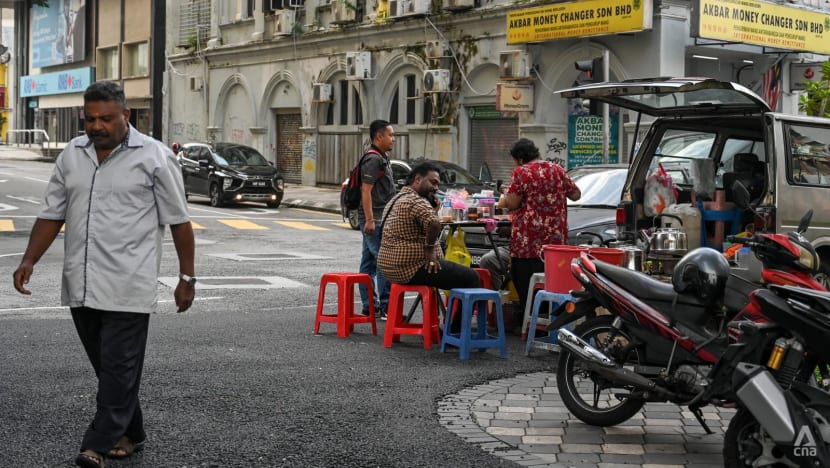
Economists CNA spoke to also warned that while Mr Anwar had the right intent in doing away with regressive subsidies, rigid classifications such as T20 and B40 could exacerbate perceptions of inequality and risk creating a class war.
The government should come up with a more fluid, needs-based assessment that considers circumstances beyond income, they suggested, stressing that the savings should be channelled back to the vulnerable.
With that said, a continued lack of policy clarity will only spur the opposition to ride on people’s anger to win votes, political analysts told CNA, highlighting Mr Anwar’s urban, middle-class voter base as a potential target.
“The T15 policy, especially the focus on the middle class - the political base of the Anwar government - is a serious mistake,” said Ms Bridget Welsh, an honorary research fellow at the University of Nottingham Malaysia's Asia Research Institute.
“It also will strengthen the opposition without them having to do much at all.”
MALAYSIANS REACT
Already, there are some grumbles among the middle class.
Mr Singh, the manager in a manufacturing firm, said he would think twice about voting for the incumbent if he is hit by the fuel subsidy cuts. He feels only foreigners should be charged unsubsidised prices for petrol.
“I am paying tax and I also want something in return. The only thing I am enjoying now is the fuel subsidies.”
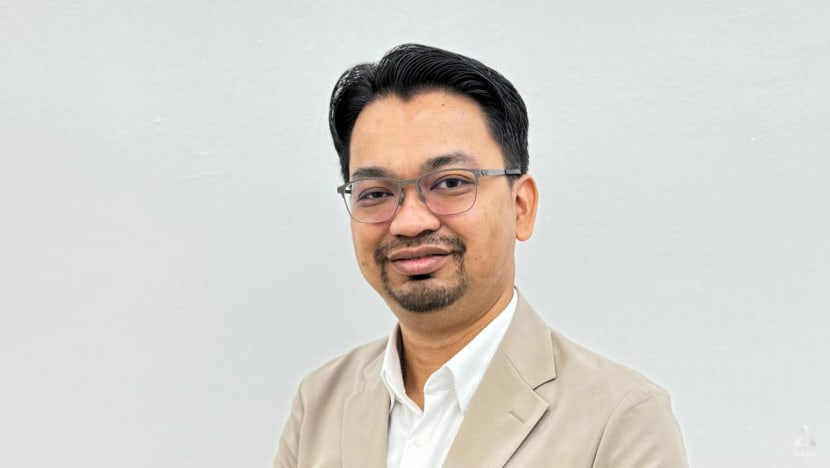
Mr Razali Tompang, who lives in Johor Bahru but works in Singapore as a corporate communications executive, said he will not vote for the ruling coalition as he thinks it has turned its back on some of its electoral promises.
When still in the opposition before winning the 2018 general election, Mr Anwar’s Pakatan Harapan (PH) coalition had pledged to bring down fuel prices. Malaysia is due to hold its next general election by February 2028.
“If he (Mr Anwar) keeps going this way, he will lose the next election,” Mr Razali, 45, told CNA.
“When they were the opposition, they were objecting to all these policies, and now they are the ones implementing and pushing for it.”
Mr Razali, who earns around RM15,000 to RM18,000 a month after currency conversion, questioned if those in his income bracket could be considered ultra-rich, given rising rental prices in major urban centres like Johor Bahru and Kuala Lumpur.
His wife is a homemaker and they do not have children. “The more you earn, the more you spend with higher (value) commitments,” he said, noting that families with children will be squeezed even further.
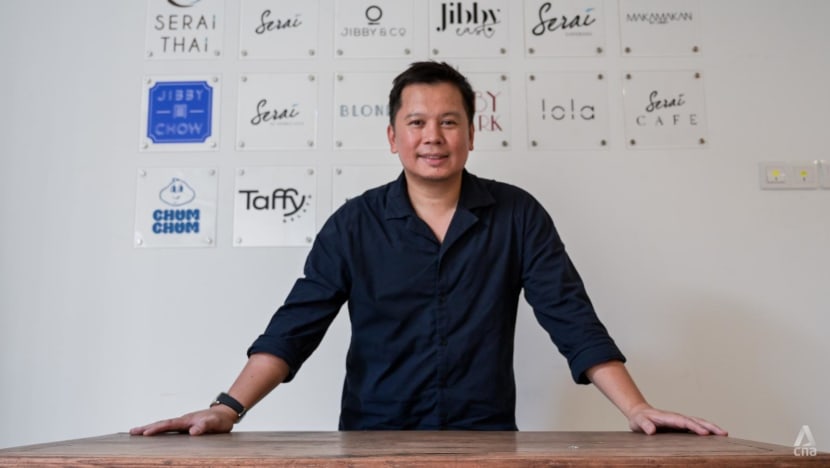
Business owner Najib Hamid, who has a monthly household income of around RM50,000, acknowledged that he would consider himself in the “comfortable” income range. But he insisted that he would still feel the pinch from any hikes in petrol prices and education fees.
“If we can also feel it, you cannot imagine how it is for those who are earning less,” the 44-year-old told CNA.
“You cannot consider them rich people or T15. After paying for the house, car, school fees for children, personal loans, and what not, what do they have left?”
The managing director of Serai group, which owns multiple restaurant brands in the Klang Valley, said he supports Mr Anwar’s aim of helping the poor by making the rich pay for more.
However, he said the government should conduct more studies to better calibrate the group that is considered ultra-rich, noting that as a business owner who provides jobs, such a policy will invariably impact business costs.
“When the cost of everything goes up, the staff will become more demanding,” he said, explaining that businesses might then have to raise salaries and pass on the cost to consumers, especially when businesses will already be hit by the new dividend tax that Mr Anwar plans to introduce.
Mr Najib - who has three children aged eight, six and three - said he is starting to plan how to better manage his spending, including considering the costs and type of education for his children.
“Everyone will be affected. We are not at the level of multi-millionaires,” he added.

Meanwhile, Ms Sasha Halim, a single mother of two children aged nine and two who earns around RM20,000 to RM30,000 a month, said it is challenging for people to plan for potential increases in household expenses without clear policy details.
The entrepreneur, who runs several businesses including in the food and beverage sector, called on the government to be “transparent and consistent” in its communication of subsidy cuts, “through detailed explanation of reallocation goals and regular updates and feedback channels”.
“Fortunately, I don’t foresee myself being greatly impacted by the policy. However, the government should understand their broader stance on social welfare,” the 37-year-old told CNA.
Ms Sasha pointed out that substantial increases in fuel and healthcare expenses could elevate costs of living for some T15 households in a way that does not reflect their “financial reality”.
“Classifying all these households uniformly ignores the economic pressures on those in urban areas with high living costs,” she said, noting these households - while potentially considered T15 - can only afford a “middle-class lifestyle”.
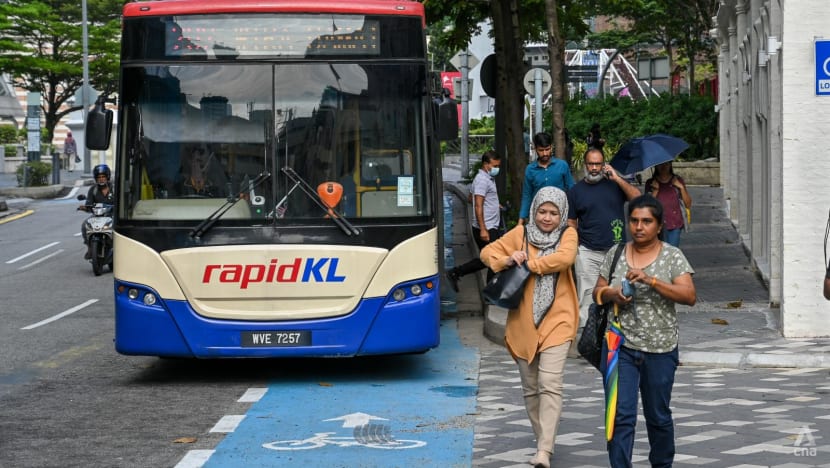
One individual who might fall into this category is a pharmacist who only wanted to be known as Ms Jay. The 31-year-old, whose husband is a government doctor, said their monthly household income straddles the T15 definition as it stands.
Ms Jay, who works in a pharmacy in Kuala Lumpur, told CNA they are unable to save much after paying for rent, car and education loans, as well as daycare fees for their infant.
“It is already tight as it is, and if we have to pay more for fuel, I can only imagine it being much tougher for us. When fuel prices go up, so will the price of everything else,” she said.
The Perak native said she would not mind paying for unsubsidised petrol if she could get some tax relief. But in the absence of such incentives, she is unsure about her choice at the ballot box, highlighting what she feels is a lack of credible alternatives.
“We voted to put this government in place, but has it become worse instead? I feel so emotionless and helpless,” she added.
POLITICAL BLOWBACK
The T15 policy is starting to have political implications for the government, with the opposition coalition seeking to capitalise on the disquiet among some Malaysians.
Perikatan Nasional leader and former prime minister Muhyiddin Yassin told parliament on Oct 23 that it was unfair to label middle-income families as “ultra-rich” under the T15 classification.
“Those under the T15 category who are business owners may end up passing their additional costs to consumers. So, this won’t just affect the T15 group but also the B40 and M40 groups,” he said as quoted by local media when debating the budget.
Independent political analyst Adib Zalkapli told CNA the petrol subsidy issue was “politically sensitive” for the government to navigate.
“Don’t expect the opposition to support subsidy cuts. They will take advantage of the situation to turn people’s anger into votes,” he said, noting that no past government in Malaysia had been able to successfully address the issue of petrol subsidies.
“The question on everyone’s mind at the moment is: Will I still enjoy cheap petrol after June next year? It sounds like the government has not decided on the best mechanism to redistribute the subsidies for petrol.”
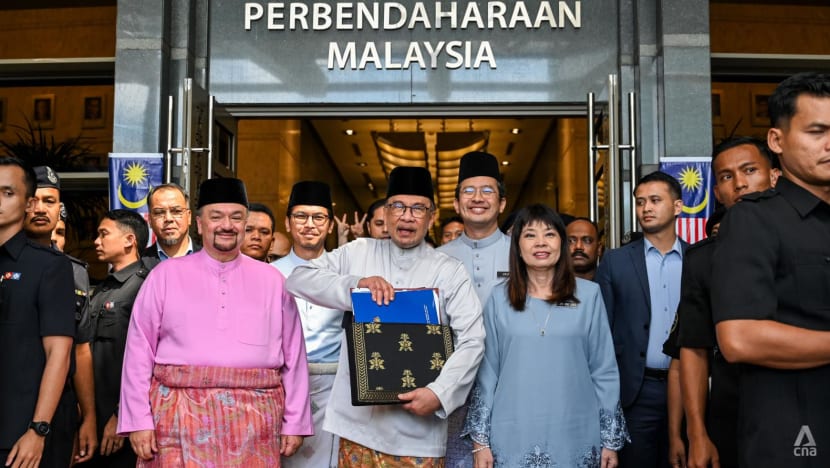
Ms Welsh, the political analyst from the University of Nottingham Malaysia, said Mr Anwar had used the budget as a trial “balloon”, shown in how he had suggested narrowing the subsidy cut bracket to T10 following public backlash.
“It shows they have not done the groundwork both in terms of stakeholders as well as thinking of political and economic projections in using this category. And that undermines confidence,” she said, calling Mr Anwar’s statement a “turnaround”.
“This could have been much better handled by laying out a framework of governance, a process that was more gradual, engaging more stakeholders.”
But Ms Welsh believes this kind of policy tweaking is necessary as the government is focused on “political survival”.
It is worth noting that Mr Anwar has held off on reintroducing the goods and services tax (GST), a move that experts and businesses have called for as a more straightforward and sustainable way to increase revenue.
As opposed to GST, a broad-based tax, Ms Welsh said the T15 policy extends the narrative of targeting the rich. However, she said this category is made up of 80 per cent of taxpayers and includes large numbers of the middle class.
She believes this policy would alienate people who predominantly voted for Mr Anwar’s coalition, noting that a large number of Chinese and some Indians fall within this T15 group.
“What we are seeing is not only a class narrative, but an ethnic narrative in a way this policy is being carried out. My projection is this will lead to less voter participation and fewer voters voting for Pakatan Harapan,” she said.
Will subsidies reach the poor?
In his latest budget, Mr Anwar pledged RM13 billion - an RM3 billion increase from last year’s budget - to two direct cash assistance initiatives aimed at easing rising costs of living. Sixty per cent of households in Malaysia - comprising the B40 and half of the M40 group - are expected to benefit.
But some in the B40 group are unsure if the savings from pulling back subsidies from the rich would really be channelled to the poor.
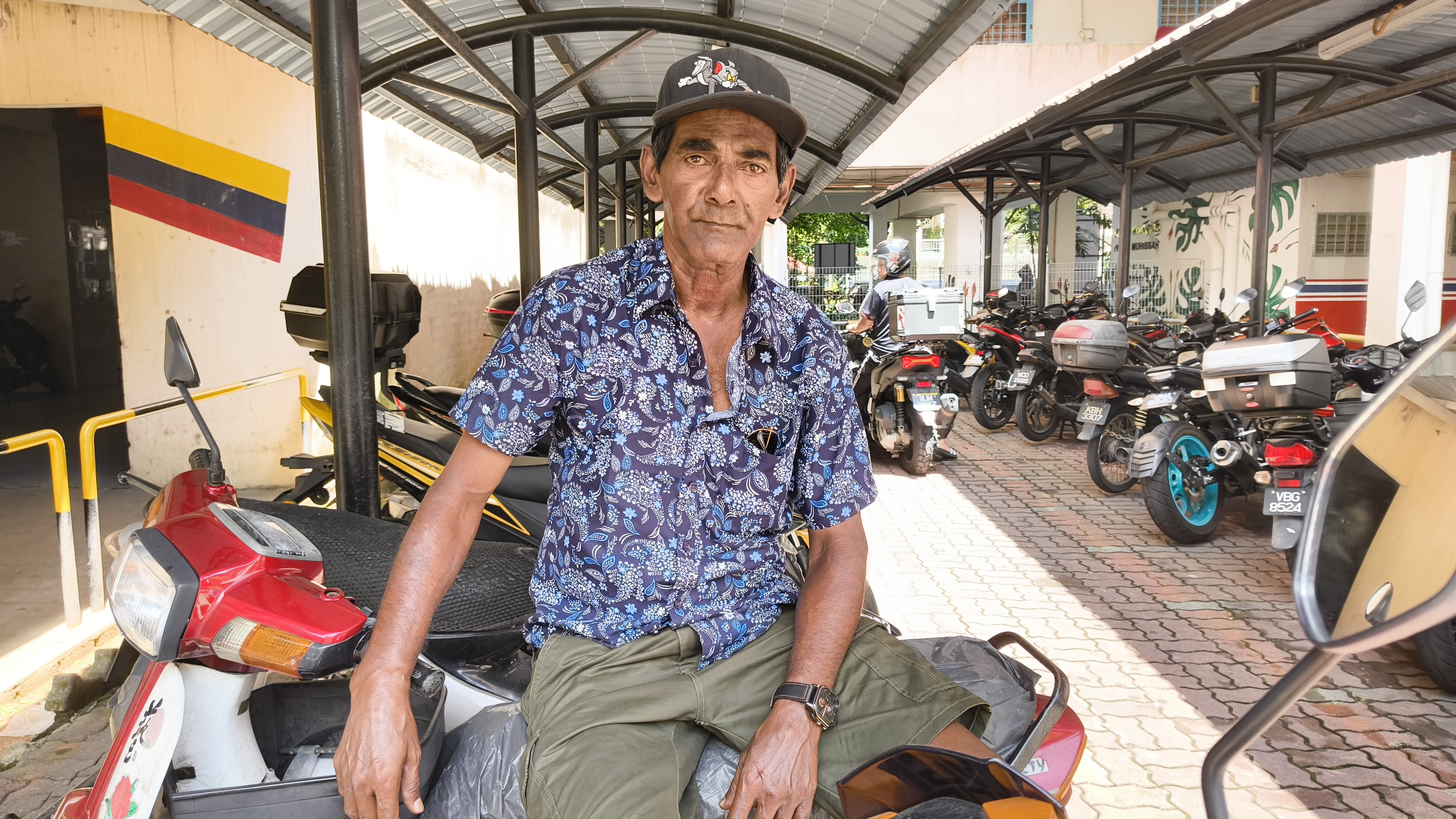
Mr S Tamilchelvan, 65, used to work informal jobs like driving lorries, but has been unemployed for a few years now and lives with his son and family.
He claims that he only gets RM100 in cash assistance every quarter, which he said is not enough to defray his expenses. Some of the applications he made under various welfare schemes, especially those targeted to the elderly, were rejected, he said.
“Why is it that the government can look for those who owe them tax, but they can’t find those of us who need help from them?” he asked, explaining that he has difficulty finding a job due to his age.
“I cannot depend on my children because they also have their commitments and with the rising cost of living, it is becoming harder for everyone.”
HOW TO MAKE SUBSIDIES FAIRER?
Malaysian Institute of Economic Research executive director Anthony Dass told CNA that rigid income categories like T15, M40, and B40 could potentially exacerbate perceptions of inequality and undermine social cohesion.
“Stark income disparities can erode social cohesion, as income-based classifications can sometimes create perceptions of favouritism,” he said.
“Instead of rigid classifications, a sliding-scale subsidy system based on a combination of income, family size and location could reduce feelings of inequality.”
This type of subsidy system, where the amount of assistance a person receives is based on their financial resources, could balance efficiency with fairness, Dr Dass said.
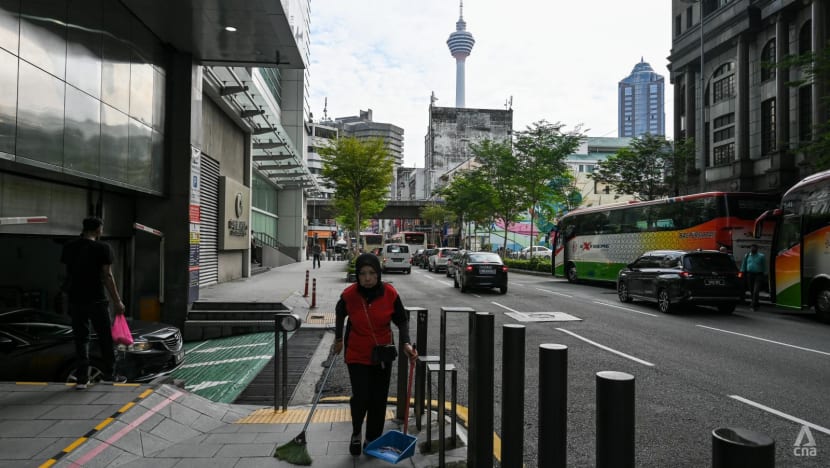
Mr Rafizi, the Economy Minister, said in June 2023 that the government expects to gradually phase out the B40, M40 and T20 classifications, which are based on a static-income approach, by 2024.
Instead, he said the government will roll out a more consolidated social assistance mechanism based on net disposable income that ensures those in the lower T20 band will not miss out on aid even though they require it.
The narrative around the T15 subsidy cuts has reignited this debate on the social assistance cut-off but must not escalate to a “class war”, said Dr Muhammed Abdul Khalid, an economist and research fellow at the Institute of Malaysian and International Studies at Universiti Kebangsaan Malaysia.
Dr Muhammed noted that the definition of T15 varies by city and state, citing the examples of a T15 household in Kuala Lumpur and Baling, Kedah that earns at least RM19,000 and RM5,400 a month, respectively.
“In other words, a husband and wife who are junior teachers in Kedah qualify as super-rich,” he said.
“It is borderline bizarre; no wonder the public has so many questions on the cut-off. But the government has since clarified that it has yet to decide on the income cut-off. So, we just wait.”
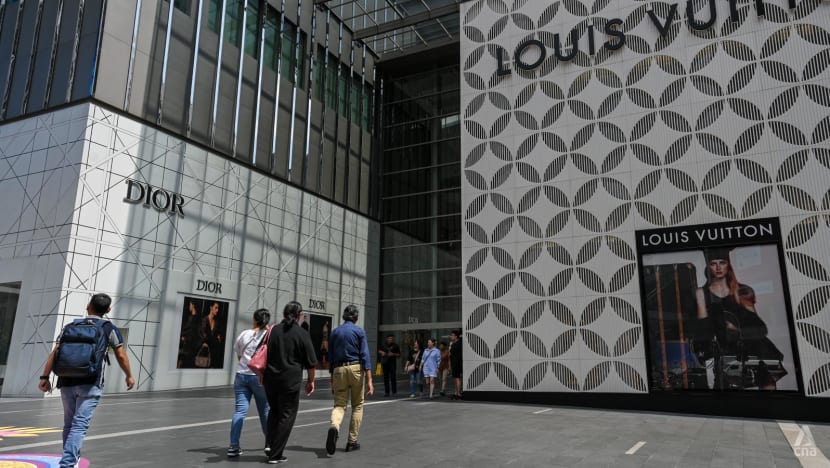
While subsidy rationalisation among the rich could reduce fiscal wastage, it needs careful implementation to avoid burdening households on the lower edge of the T20 or T15 group who might still face financial constraints, Dr Dass said.
With that said, he noted that accurately defining and measuring the T15 group is challenging due to variations in household expenses, cost of living, and quality of life across Malaysia’s regions.
“It requires up-to-date data on household income, which Malaysia collects through its Household Income and Basic Amenities Survey. However, challenges include underreported income in informal sectors and delays between surveys,” he said.
This is something that the Malaysian government is trying to address through its Central Database Hub (PADU), which it says will allow it to tap on real-time income and socioeconomic data to better target subsidies given to the public.
“This refined data approach aims to create a fairer distribution model that acknowledges regional cost disparities, though accurately capturing and implementing such variables remains a complex task,” Dr Dass added.
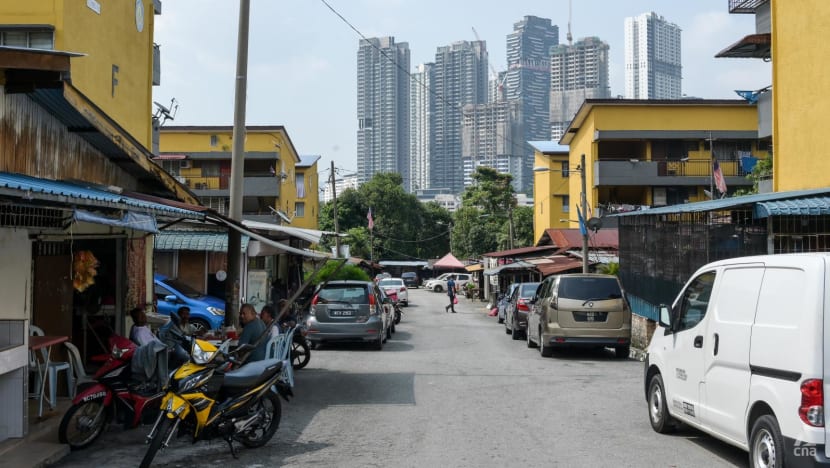
Nevertheless, Dr Muhammed feels the government should not try to do too much targeting, pointing to studies in places like Mexico and Brazil where such policies have led to a high percentage of deserving people not getting assistance.
Dr Muhammed added the fuel subsidy cuts should be “simple” and take reference from how Malaysia had introduced a direct cash assistance programme in 2012 to help low-income groups during the government's gradual reduction of blanket subsidies.
“Float the petrol price gradually, and give cash assistance directly to the majority of households, best via bank accounts,” he said.
“Use the savings to increase and expand cash assistance, improve the well-being of the vulnerable Malaysians such as to finance free nutritious meal programs in school and income support to the elderly and pregnant mothers.”
Meanwhile, Dr Muhammed said he is against the removal of education and healthcare subsidies for any group, suggesting that it could have a “divisive” impact on society.
“Access to public education and public healthcare should be universal. We must not separate society; it is bad for social cohesion and unity,” he told CNA.
“If the issue is that some of the students in government elite boarding schools come from rich families, the easier way to do it is to ensure only deserving children from low-income or middle-income families are eligible to enrol.”














%20(5).jpg?itok=zM0TDBYg)





